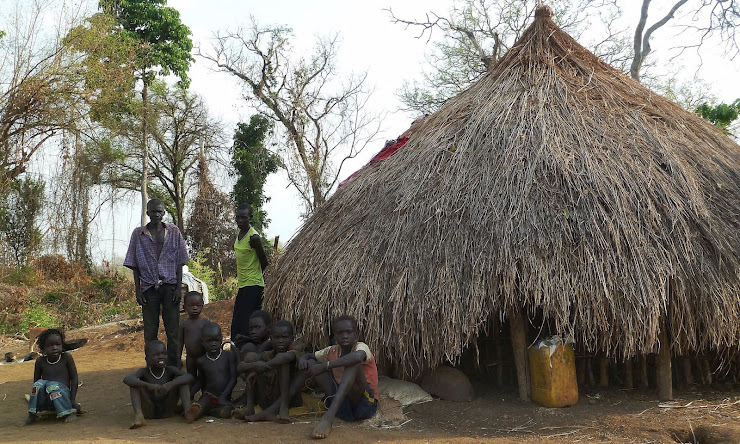Evaluations of PBS relied on figures supplied by the Ethiopian government; there were huge, unexamined risks of corruption in funnelling the money through the Ethiopian treasury, and the metrics used to measure success were simply the things purchased by the programme, such as schools built, wells dug, pupils enrolled or teachers hired. The donors had, in fact, no way of measuring whether those things actually benefitted the populations concerned.
The panel’s indictment of the Ethiopia programme was unequivocal. There was, they wrote [download], a “thin” results framework for PBS, which “put little emphasis on the quality of or impact of basic service delivery”. After 10 years, despite all the billions of dollars spent, there was no way of knowing the impact of those teachers, nurses, and agricultural workers on the material lives of Mr O and his neighbours in the villages.
It was a technical acknowledgement of what Gambellans knew for themselves. One of the refugees in Dadaab who came from the same region as Mr O ruefully pointed out that in their old village there was a school under a mango tree. In the new village, donor money had paid for a new school building. The children, however, were too hungry to attend, roaming instead in the forest looking for food, “but now the government can show the world there is a ‘school’”.
Ben Rawlence
A chilling story about the abuses against local communities in Ethiopia fueled by foreign aid and government corruption. After recently reading The Dream of the Celt, a book detailing colonial abuses a century ago, it’s painful to see how easy people fall to the same error, thinking the Western way is ‘better’ and that we have some ‘moral obligation’ to spread that model everywhere by any means. The result is not progress and better lives, but the opposite: chaos, broken families, more refugees, environmental destruction.

Post a Comment